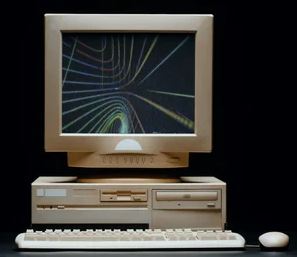So, Im currently on Windows 10, on my desktop but Im seriously considering switching to Linux instead of upgrading to Windows 11. I already have Kubuntu (the customization looked cool ^^) installed on my laptop, which I want to experiment with as soon as I have more time.
The distros Im looking into for my desktop are Nobara and Pop! OS. I own a modern NVIDIA GPU and mostly care about gaming. Other than that, I will just be using the desktop to browse the internet and watch some videos.
I have a friend who does IT and he swears by the mainline distros like Fedora. Im not as technically savvy and just want something that does the couple of things I need it to do which are gaming and watching funny cat videos on YouTube. I assume one advantage of big distros is that you have large comms that can help you if you run into a problem…
I would be especially interested to hear from folks that used Nobara or Pop OS but also those who do modern gaming on Linux.
Thanks. Any input is appreciated.


At a high level, there is not much of a difference between most distributions. They’re all shipping the same software more or less. Zoomed in, there are some differences which may be of interest to you. Things like project governance, frequency of releases (or potentially, a “rolling release”), distribution architecture (how the package manager and package repositories are set up), whether the distribution does custom branding and spit-shine or they distribute software exactly as published by the upstream developers.
Gaming is one of the most common use-cases. You won’t have a hard time installing the Nvidia driver or Steam on any distribution for instance, unless it is a distribution designed exclusively to distribute free software.
I play just about anything on Gentoo. Native Linux titles, Windows titles through Wine/Proton. Multiple classic systems through emulators ranging from NES to PS3. The main potential sore spot is multiplayer games which require intrusive anti-cheat systems. These typically don’t work, but with increasing motivation for publishers to make their games work on Steam Deck, some systems like Easy AntiCheat can work if the publisher chooses (Elden Ring is one example).